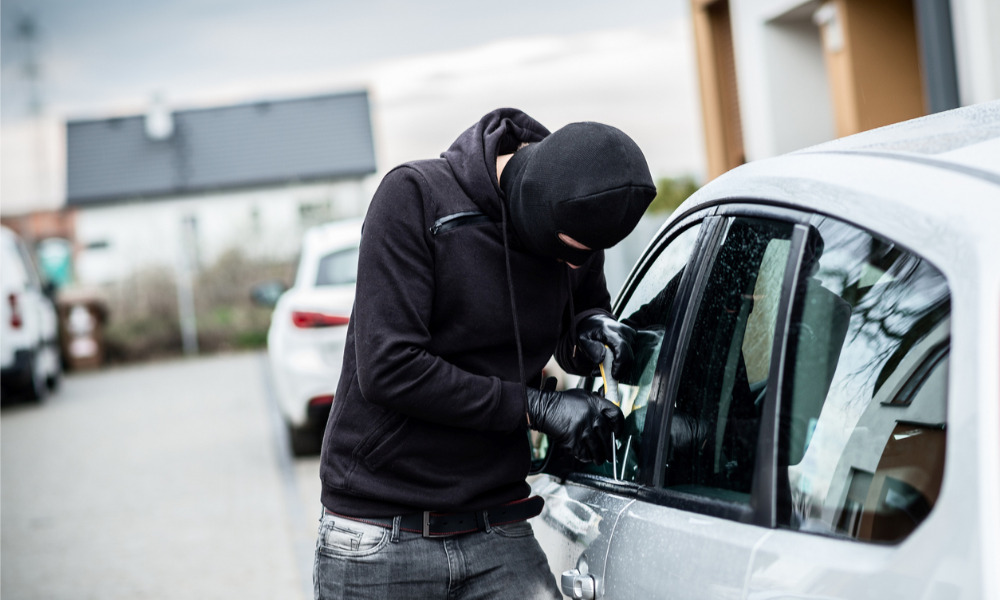Canada’s auto theft crisis triggers premium hikes – report

Canada’s auto theft crisis triggers premium hikes – report | Insurance Business Canada
Motor & Fleet
Canada’s auto theft crisis triggers premium hikes – report
“At the end of the day, premiums follow claims costs”
Motor & Fleet
By
Mika Pangilinan
Insurance providers have been compelled to increase premiums for some of the most frequently stolen vehicles to keep pace with losses caused by a surge in auto thefts across Canada.
Provinces throughout the country experienced double-digit increases in auto thefts between 2021 and 2022, according to a recent report by Équité Association. Theft rates in Quebec, Newfoundland, and PEI were found to have exceeded the 50% mark, while Ontario witnessed a 48.3% spike in car thefts.
“It’s important to note these dramatic losses have fallen squarely on the shoulders of Canada’s insurers,” the Insurance Bureau of Canada (IBC) noted in a statement to RATESDOTCA.
Ontario alone incurred theft claim costs of approximately $700 million in 2022, the group noted, marking an increase of almost 300% from 2018 figures.
Amid this crisis, insuring vehicles susceptible to theft has become significantly more expensive.
“At the end of the day, premiums follow claims costs,” IBC added.
The Honda CR-V, Lexus RX series, and Ford F150 are three of the most commonly targeted vehicles listed in Équité Association’s Vehicle Theft Trend Report. And comprehensive premiums for these vehicles have jumped between 25% and 50% over the past two years, according to data from RATESDOTCA’s auto insurance quoter.
For example, 35-year-old male drivers in Toronto with Honda CR-Vs and no prior records faced a 26% premium increase between 2022 and 2023 under the same insurer.
Insurers look for solutions
Certain insurers have also introduced a $500 high-theft vehicle surcharge for owners of high-risk cars, which can be waived once drivers provide evidence that they’ve purchased an anti-theft device.
CAA, for instance, has been urging customers to procure vehicle lock devices like steering wheel locks.
“If we can better educate drivers on how to protect their vehicles, and have vehicles secure, then you’ve eliminated much more of the problem,” Elliott Silverstein, director of government relations of CAA Insurance Company, told RATESDOTCA. “People can see that there’s a steering wheel lock on that car that’s going to require [them] to spend 10 or 20 minutes trying to break that open.”
“It’s going to take a multi-faceted approach to resolve this crisis,” Silverstein added. “This requires active participation from vehicle manufacturers, the constant vigilance of law enforcement, and vehicle owners taking necessary precautions to secure their cars. A collective effort is imperative to address this issue comprehensively.”
What are your thoughts on this story? Feel free to comment below.
Related Stories
Keep up with the latest news and events
Join our mailing list, it’s free!






